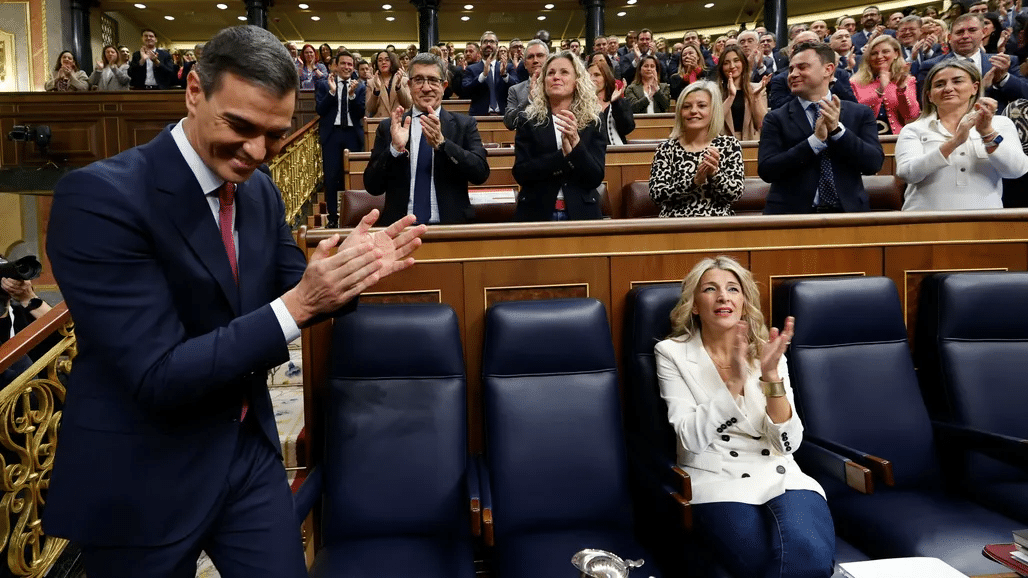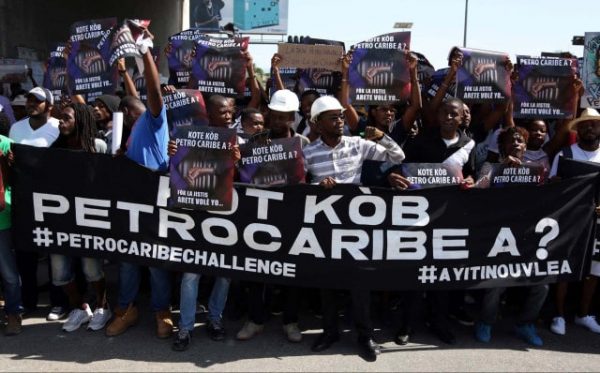In the last five years, Iran’s foreign policy has shifted from Africa towards Latin America, with the goal of, as Ahmadinejad expressed to the Venezuelan ambassador in Tehran, David Velázquez, “tying up” the United States. “The notorious shift to the left of many Latin American countries during the first decade of the twenty-first century has allowed Iran to have more success in its attempt to improve relations”.
No one considers it strange that the starting point for Ahmadinejad’s Latin American policy is the formation of an anti-American axis with Venezuela. During his July, 2006 trip to Tehran, President Hugo Chávez said in aUniversity of Tehran auditorium, “We must save the human race and put an end to the American empire”. A year later, Chávez visited Tehran once again and declared an “Axis of unity” against the United States. During the International Conference on Latin America held in Tehran in February, 2007, Iran’s vice-minister of foreign relations, Mehdi Mostafavi, announced the opening of embassies in Chile, Colombia, Ecuador, Nicaragua and Uruguay, and of a representative office in Bolivia. Likewise, a series of Latin American countries would open embassies in Iran. The Iranian penetration, political and economic, into the Latin American continent during the past three years has had a great impact in the notorious shift to the left of many Latin American countries during the first decade of the twenty-first century has allowed Iran to have more success in its attempt to improve relations. From Ahmadinejad’s point of view, instead of passively responding to the United States’ attempt to politically and economically isolate Iran and become the dominant player in the Middle East, Iran should mobilize itself aggressively in the United States’ own backyard as a means of unsettling the country, or at least attempt to.
Some European colleagues and Latin American analysts claim that Latin America’s willingness to get closer toIran indicates the alarming extent to which the United States’ prestige has fallen in the region. Personally, I do not think that it is “alarming”, although it is true that in many South American countries American prestige is not at its high point. Taking advantage of this apparent weakness, the Iranian regime’s stated objectives are:
a) To gain the support of Latin America in counteracting the pressure from the United States and Europe to keep Iran from developing nuclear power (Remember that Venezuela and Cuba, together with Syria, were the only countries that supported the Iranian nuclear program during the February, 2006 vote at the United Nations’ International Atomic Energy Agency).
b) Ahmadinejad wants to counterattack the United States in its own hemisphere and, perhaps, destabilize the governments of the country’s friends, with the goal of negotiating with Washington from a stronger position.
c) The unresolved economic and social problems in Iran have caused the Iranian president’s image to fall to varying degrees within his own country, and Ahmadinejad wants to demonstrate to his people that he is received as a hero abroad.
It is obvious that Iran’s political and strategic position in Latin America strengthens the regime in Tehran and diminishes the possibility that the United Nations will convince it to halt its nuclear project. The proven role played by Iran and Hezbollah in the worst terrorist attacks on the continent, in Buenos Aires, Argentina, is a bad omen for the future. In the case that Iran’s vital interests, such as the continuance of its nuclear project, should be threatened by the international community (by the United States or Israel), Latin America would be the perfect stage from which to retaliate, either directly or with Hezbollah’s support. Growing anti-Semitism, which was recently witnessed in Venezuela, could add to the existing sectarian confusion in some countries. In the long run, the exportation of the radical and religious Shia ideological teachings could reach and exert an influence on the broadest sectors of society, especially the poor and underprivileged and, in this way, add another element of instability and radicalization in a continent plagued by socioeconomic hardships.
Growing anti-Semitism, which was recently witnessed in Venezuela, could add to the existing sectarian confusion in some countries; the widespread presence of Iran and Hezbollah and their activity in Latin America goes beyond the political, economic, social and cultural levels, and comes dangerously close to being incompatible with democracy, threatening not only the interests of foreign players, but also possibly the very stability of the countries in which they are based.






